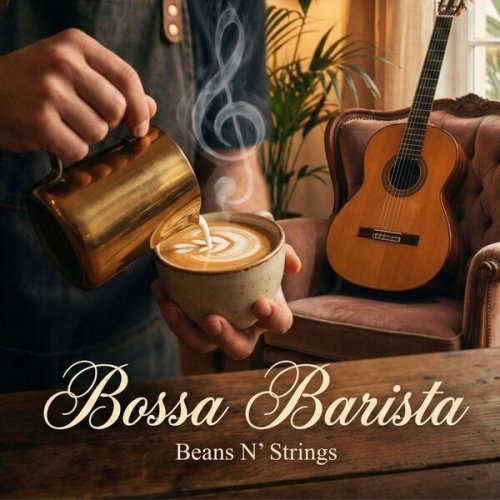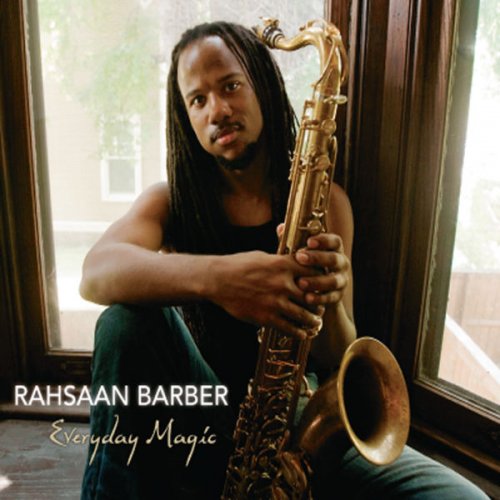Horace Silver Quintet - Live New York revisited (2022)
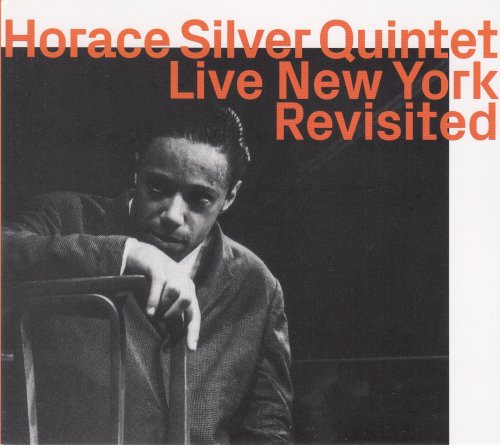
Artist: Horace Silver Quintet
Title: Live New York revisited
Year Of Release: 2022
Label: ezz-thetics
Genre: Jazz
Quality: flac lossless (tracks, log, scans)
Total Time: 01:17:41
Total Size: 455 mb
WebSite: Album Preview
TracklistTitle: Live New York revisited
Year Of Release: 2022
Label: ezz-thetics
Genre: Jazz
Quality: flac lossless (tracks, log, scans)
Total Time: 01:17:41
Total Size: 455 mb
WebSite: Album Preview
01. Song For My Father
02. African Queen
03. The Natives Are Restless Tonight
04. Que Pasa
05. African Queen
06. The Tokyo Blues
07. Senor Blues
This fabulous album, recorded during three New York club engagements in 1964, 1965 and 1966, ranks among the finest in the pianist/composer's illustrious catalogue. There are several things going for it: the quality and shared intentionality of the two, slightly different, lineups; the choice of material and its careful sequencing; the vibrancy of the performances, which is enough to practically raise the dead; and the quality of the CD mastering by the ezz-thetics label's sonic jedi Michael Brändli, whose work in effect amounts to full-on audio restoration.
Three of the five tunes (the seven-track album contains two versions apiece of "Que Pasa" and "African Queen") are from Silver's exalted Song For My Father (Blue Note, 1964) and are performed by the band which played them on that album: Silver, tenor saxophonist Joe Henderson, trumpeter Carmell Jones, bassist Teddy Smith and drummer Roger Humphries. "Song For My Father," "The Natives Are Restless Tonight" and "Que Pasa" never sounded finer.
The same can be said for "Señor Blues" from 6 Pieces Of Silver (Blue Note, 1957), the title track from Tokyo Blues (Blue Note, 1962), and "African Queen" from The Cape Verdean Blues (Blue Note, 1965). The two versions of "African Queen," datewise the last tracks to have been recorded (at the Half Note on separate nights in February 1966), have Woody Shaw in place of Jones and Larry Ridley in place of Smith. The rest of the personnel is unchanged.
Reviewers are not usually given to quoting the words of other writers, much less giving attribution to them when they do, but on occasion someone else makes an observation which is worth repeating verbatim. Brian Morton's sleeve note for Live New York Revisited is spot-on in its analysis of Silver's importance within the development of jazz. Here is Morton's general thesis: "Long before his death in 2014, Silver's reputation had become occluded, or tarnished with the notion that he was a relatively slight figure, more of an entertainer than an innovator." He goes on to discuss the various ways in which Silver was an innovatory figure, including this: "His habit of quoting other songs in his solos, often dismissed as a shallow, crowd-pleasing trick, is a forerunner of sampling culture and hip-hop. It's also an acknowledgement of [how] profoundly knowledgeable Silver was about the canon and its evolution. Here's a line of mine, he might say, and here's where it came from, but also here and here. His only mistake in this regard was to smile while he was playing.... a challenge to the really rather recent notion that jazz should be deadly serious and played with a pained rictus."
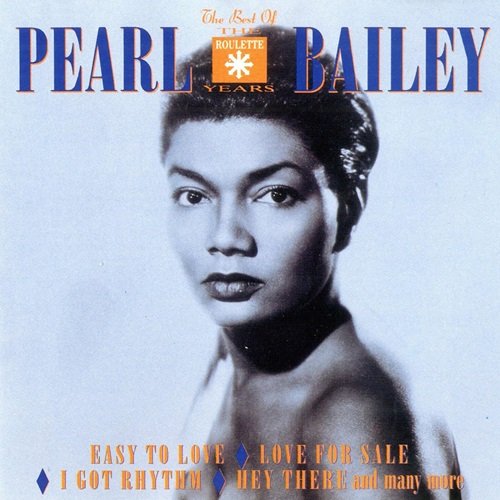
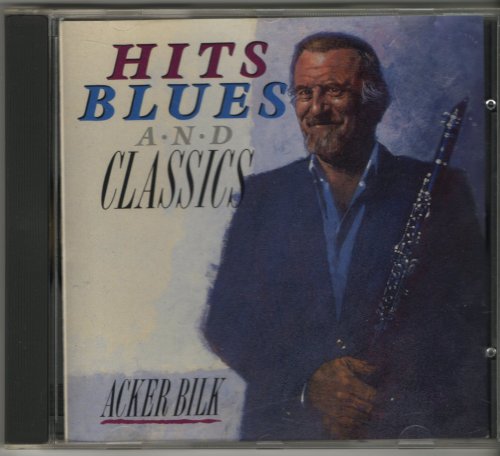
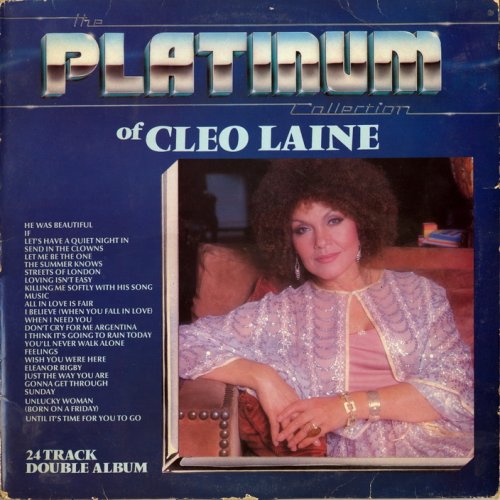
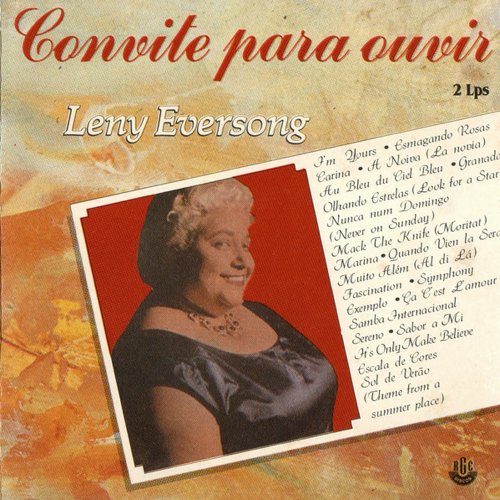
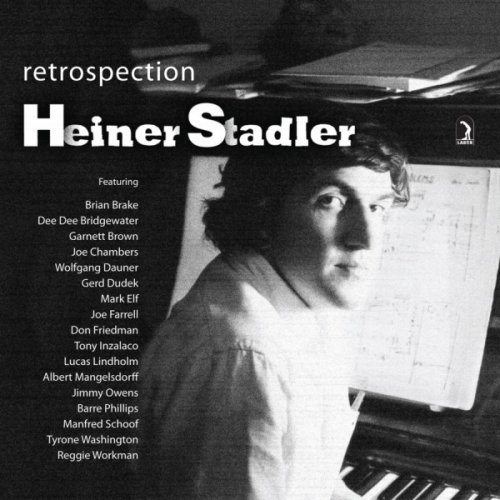
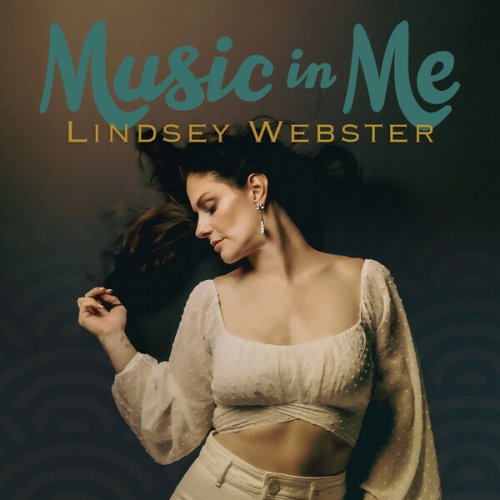
![VA - From the Archive Vol. 3... compiled by Volcov (2026) [Hi-Res] VA - From the Archive Vol. 3... compiled by Volcov (2026) [Hi-Res]](https://www.dibpic.com/uploads/posts/2026-02/1772033794_a3743742618_10.jpg)
